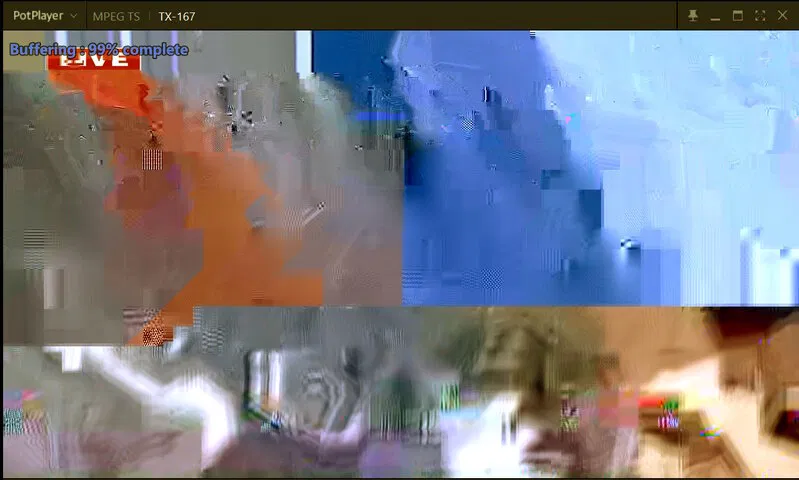When I read on Rick's that ABC has started changing their modulation and coding formats, I was wondering how big a dish is needed to receive a DVB-S2X, a DVB-S2 or a DVB-S signal. These calculators will help figure that out by showing minimum C/N lock values required for many types of satellite signals you may receive. The short answer is a BIG dish is required.
DVB-S2X calculator: Click
DVB-S2 or DVB-S calculator: Click
For example, for a DVB-S2X, 16APSK, FEC 25/36, SR 34286 signal, minimum C/N lock value is just under 11 dB. These are the new specs for ABC.
DVB-S2X calculator: Click
DVB-S2 or DVB-S calculator: Click
For example, for a DVB-S2X, 16APSK, FEC 25/36, SR 34286 signal, minimum C/N lock value is just under 11 dB. These are the new specs for ABC.


